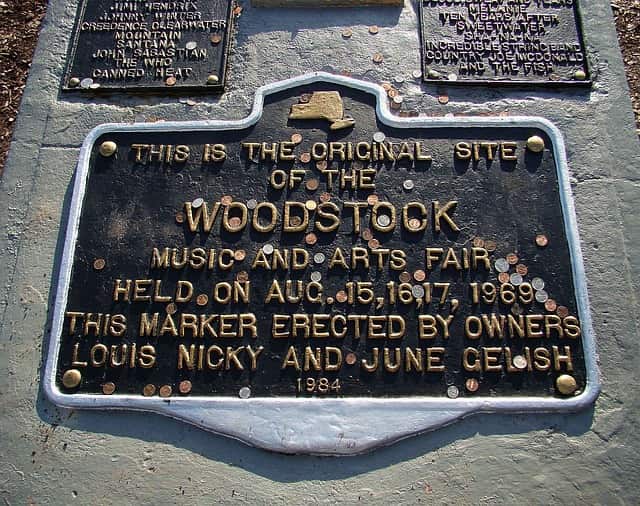Tiny houses are all the rage these days. They’re a different way to live, focusing on simplicity and being efficient. Seniors thinking about changing their lifestyle might find tiny house living attractive because it’s cheaper and easier to keep up with.
But hold on! It’s important not just jump in without considering both pros and cons first. Some seniors who live within independent living communities love having lots of space around them for amenities, while others see tiny houses as an awesome chance to downsize, save money, and reduce waste.
Contents
Pros: Affordability and Lower Cost of Living
One tremendous advantage of tiny house living for seniors lies in affordability. Tiny houses typically cost far less to construct or purchase than traditional homes, letting seniors save money or dedicate funds elsewhere like medical care or travel. Furthermore, with diminished utility bills and lower property taxes, tiny house living can notably decrease monthly outgoings.
The compact layout also means fewer furnishings are required, further cutting costs. For retirees with fixed incomes, this fiscal freedom provides more flexibility in budgeting for necessities and pleasures.
Pros: Easy Maintenance and Accessibility
Tiny houses necessitate minimal upkeep, rendering them suitable for seniors potentially lacking physical ability or interest in caring for a larger home. With fewer rooms necessitating cleaning and basic maintenance needed, tiny homes simplify daily chores, freeing more time for hobbies and relaxation.
Many tiny house designs can also be customized for access, incorporating features such as single-level floor plans, walk-in showers, and grab bars. This permits seniors to age in place safely, navigating their living environment without requiring extensive alterations or help.
Cons: Limited Space and Storage
However, downsizing into a tiny house presents potential issues for any homeowner accustomed to abundance. Sentimental belongings accumulated through decades may prove difficult to lose.
Storage shortages also mean that there is little room for hobbies that require equipment, such as gardening or crafting. Guest comfort could also be compromised by cramped quarters, impacting social interaction quality.
Cons: Adjusting to Minimalist Living
Tiny house living demands adopting a minimalist lifestyle, which some may struggle to embrace. Retirees relishing lavish luxuries and expansive entertainment areas may battle adjustment to confined conditions.
The minimalist approach demands constant organization, as clutter can quickly build up in a small space, making it feel cramped. This shift might lead to feelings of restriction rather than liberation for certain senior citizens.
Conclusion
In conclusion, tiny house living presents a blend of advantages and disadvantages for seniors depending on personal preferences and lifestyle needs. Though financial relief and easy upkeep could benefit some, others may dispute that constrained conditions and a minimized mentality align with their desired daily experience.
Therefore, it’s crucial for seniors to carefully consider whether tiny house living aligns with their desired lifestyle before making the move.

Digicsol System is a contributing author for OneHouseDecor.com, offering expert insights into how technology can elevate modern homes. From smart home solutions to innovative design ideas, Digicsol System combines a passion for digital advancements with practical tips for creating functional and tech-savvy living spaces. Their goal is to inspire homeowners to seamlessly blend technology with style for a smarter, more comfortable home.




